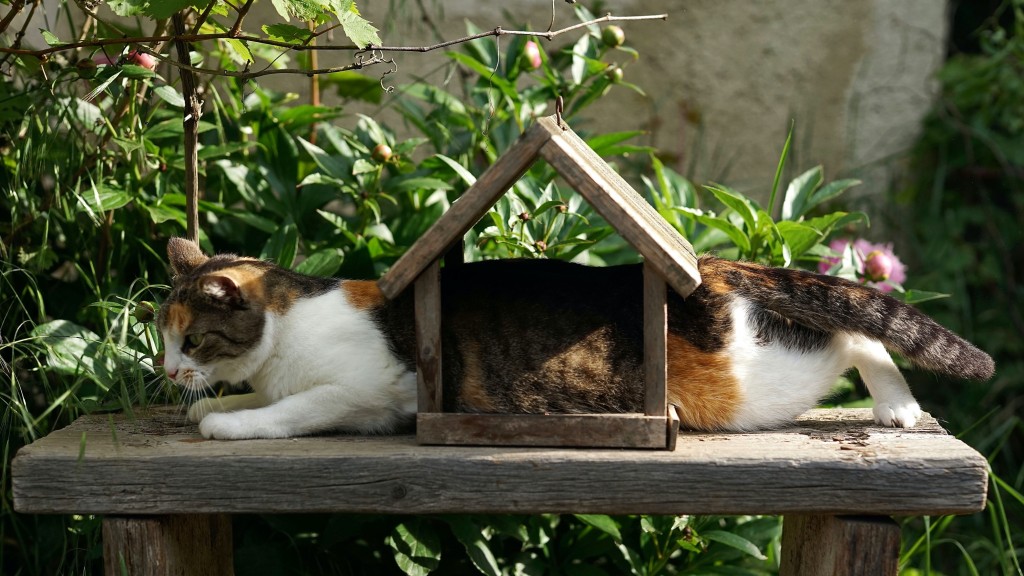
What is the sound of the vowels in “know” and “how”? Are they the same? Words like these are often mispronounced because, even though they are spelled similarly, their pronunciation is actually different!
Two Options for “OW”
These are the two sounds:
>> Long-O (as in “go”) – The word “know” sounds exactly the same as the word “no”!
>> Vowel /aw/ (or IPA /au/) – This is like the word “wow” or “house”.
First, the Non-Predictable Groups
These two groups of words are not predictable and simply need to be memorized.
| Long-O (as in “go”) | Vowel /aw/ (as in “wow”) | ||
| blow bowl crow flow glow grow know low owe | own row show slow snow stow throw tow | allow brow chow cow endow how meow now | owl ow! plow pow prow vow wow yow |
When you know the correct sound for those words, then you will also know the correct sound for any words that are built from them, such as: bowling, growth, anyhow, owlet…
Second, the Predictable Groups
All other words follow a clear pattern, depending on whether “OW” is at the end of the word, or in the middle of the word. Here are just a few examples; there are many more that fit these two categories, and are easily predictable.
| “-OW” at the end | “-OW-“ in the middle | ||
| Long-O (as in “go”) | Vowel /aw/ (as in “wow”) | ||
| borrow follow meadow mellow | narrow shadow swallow window | brown crowd frown growl | browse drowsy flower vowel |
Again, when larger words are built with these kinds of words, they keep their original sound: follower, shadowy, brownish, flowery…
EXCEPTION! One word, “know” changes sound when it forms the word “knowledge”.
You can find a longer article on this topic on Medium, with additional examples plus some oddball words that use both sounds that are important to know about. Check it out!!


